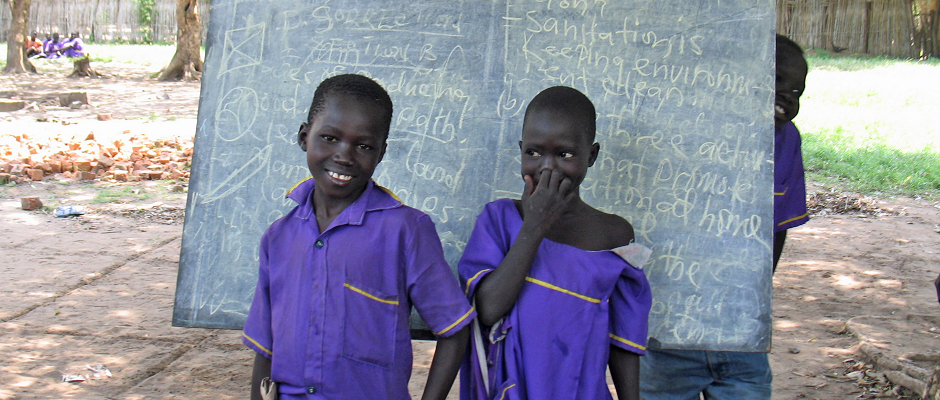
One criticism of how women’s empowerment is operationalized in development interventions is the lack of consideration of its context specificity. A recent quantitative study investigates how women participants in development projects in Laos, Myanmar and Vietnam perceive the meaning of empowerment and the associated positive effects of participating in empowerment activities.
One well-known definition of empowerment conceptualizes the concept based three interrelated dimensions: (i) access to material, human and social resources (the pre-conditions for making strategic choices); (ii) agency, defined as the ability to set one’s goals and act upon them (the actual process of exercising choice); and (iii) achievements, such as, for example, improved wellbeing (the outcome of making choices).
Given that individuals’ priorities are likely to differ across different contexts, the practical meaning of empowerment is likely to vary across countries and over time. For example, the ability to visit a health center without having to ask for permission from a male family member might be perceived as a form of empowerment by women in rural Bangladesh, whereas women in urban Peru who are used to freedom of movement in public may prioritize control over income for better health outcomes.
The study uses individual-level data drawing on a survey that was conducted among 1,210 women in Laos, Myanmar and Vietnam in 2016 who were participants in development projects aimed at empowering women. The analysis used quantitative analysis to compares the share of women who perceived specific positive effects of participating in empowerment activities.
The study’s results show that having more knowledge was the most frequently experienced positive effect at the individual level in all three countries (reported by 79% of respondents in Laos and Myanmar, and 91% in Vietnam). Earning a higher share of household income was stated as a positive effect by the majority of women in Laos (57%), Myanmar (65%) and Vietnam (64%). At the family level, the majority of women in Myanmar (80%) and Vietnam (74%) reported that their family sees their contribution and knowledge as a positive consequence of participating in empowerment activities. A substantial increase in household income was also experienced as a positive effect by most women in Laos (56%) and Vietnam (70%). At the community level, a vast majority of women in Myanmar (81%) and Vietnam (73%) reported the appreciation of their contribution by their community as a positive outcome of participating in empowerment activities. A range of further positive effects at different levels were experienced by women: overall, women in Vietnam experienced a wider range of positive effects than women in Myanmar and Laos, in particular effects at the group level, but also at the individual, family and community level.
The study’s findings suggest that women’s ideas of empowerment differ according to their cultural, economic and social contexts as well as from donor-driven definitions. The authors conclude that both similar and distinct positive effects of participating in empowerment activities are felt, highlighting the importance of incorporating what women prioritize when planning empowerment projects.
Read the entire article in the journal Development in Practice (Open Access):
Marc Völker and Philippe Doneys (2020): Empowerment as one sees it: assessment of empowerment by women participants of development projects, Development in Practice.





